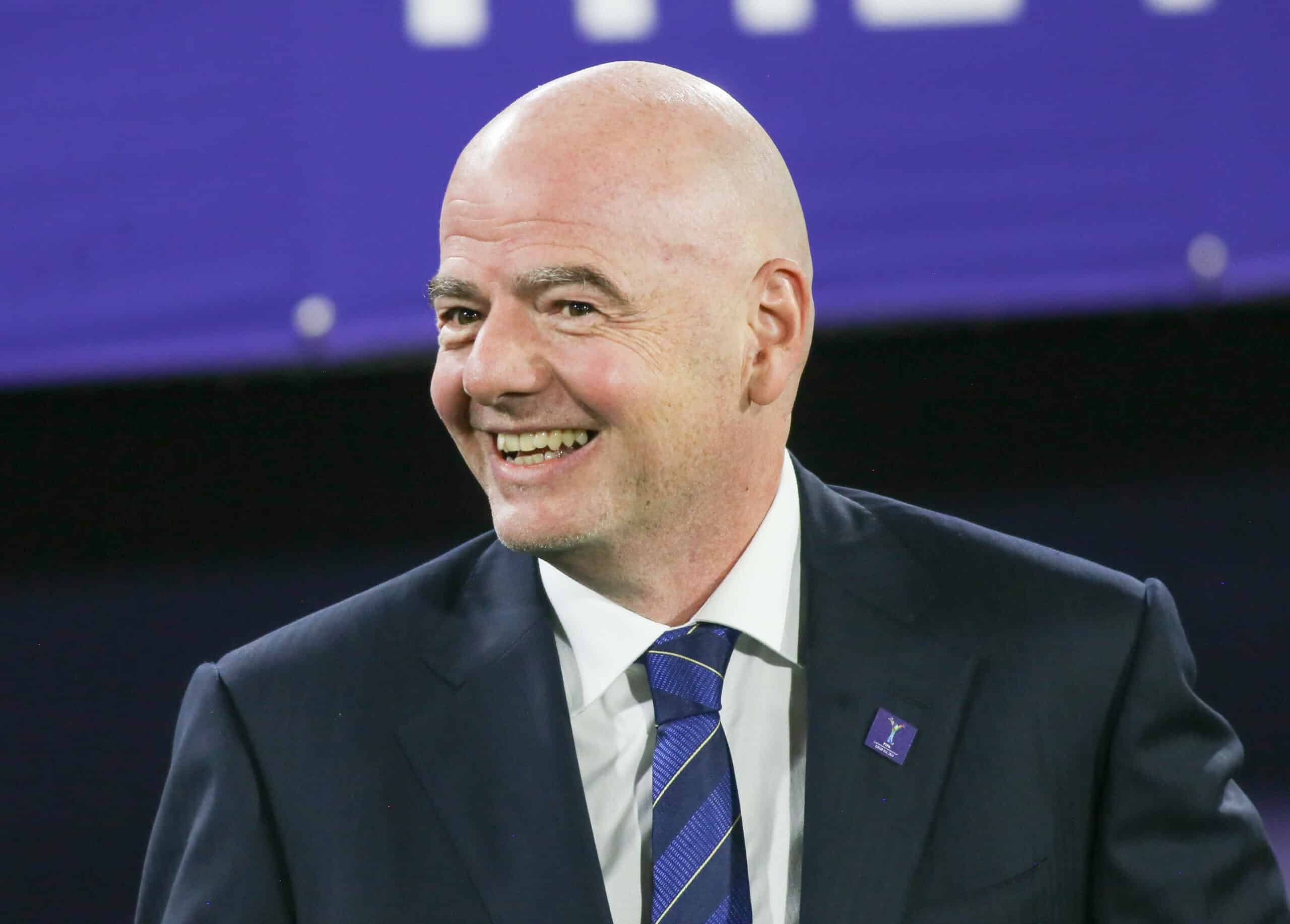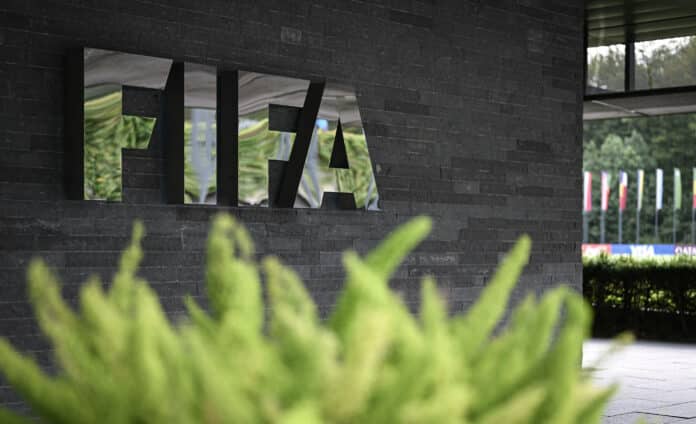FIFA’s Expanded 2025 Club World Cup Set for the United States
FIFA has confirmed the 12 stadiums across the United States that will host the new, expanded 2025 Club World Cup. This landmark tournament, running from 15 June to 13 July 2025, marks a significant departure from its traditional format, growing from a small six-team event to a 32-team spectacle that aims to rival other major international tournaments. The final will be held at the iconic MetLife Stadium in New Jersey, just five miles from the heart of New York City.
New Era for Club Football
With this expanded tournament, FIFA is heralding a new era for club football, with president Gianni Infantino commenting, “In 2025, a new era for club football will kick off when FIFA stages the greatest, most inclusive, and merit-based global club competition right here in the United States.” The ambition is clear – to bring club football to the global stage in a way that mirrors the reach of the FIFA World Cup, with teams from every continent represented.
Among the European clubs already set to participate are Champions League winners Chelsea, Manchester City, and Real Madrid. Other European giants such as Bayern Munich, Paris Saint-Germain, Inter Milan, Porto, and Benfica have qualified based on their UEFA co-efficient rankings. South America will send six representatives, while the remaining spots will be filled by teams from Asia, Africa, North America, Oceania, and a team from the host nation.
Venues Across the US
The stadiums selected for the competition include some of the most famous sporting venues in the United States, many of which will also host matches during the 2026 FIFA World Cup. The final will take place at the MetLife Stadium, home to the NFL’s New York Giants and New York Jets, which has a capacity of over 82,000. Other venues include the Rose Bowl in Los Angeles, Mercedes-Benz Stadium in Atlanta, and Hard Rock Stadium in Miami. The choice of stadiums reflects the scale of the tournament and the potential for large crowds eager to witness the top clubs from around the world competing on American soil.
Here is the full list of confirmed venues:
- Mercedes-Benz Stadium, Atlanta
- TQL Stadium, Cincinnati
- Hard Rock Stadium, Miami
- Geodis Park, Nashville
- Bank of America Stadium, Charlotte
- Camping World Stadium, Orlando
- Inter&Co Stadium, Orlando
- Rose Bowl Stadium, Los Angeles
- Lincoln Financial Field, Philadelphia
- Lumen Field, Seattle
- Audi Field, Washington DC

Growing Criticism of Fixture Congestion
While FIFA is pushing ahead with its expansion plans, not everyone is on board. Clubs and players, particularly in Europe, have raised concerns over the growing fixture congestion. The expansion of both the Champions League and Europa League has already added more games to the season, and many feel the new Club World Cup further burdens an already packed schedule.
Global players’ union Fifpro and the European Leagues body, representing over 1,100 clubs, have been vocal in their opposition. They filed a joint complaint to the European Commission in July, protesting what they termed FIFA’s “abuse of dominance” in the game. They argue that such decisions are being made without proper consultation, adding to the pressure on clubs and players.
This sentiment was echoed by Manchester City midfielder Rodri, who warned earlier this month that players are nearing breaking point due to the relentless fixture list. Having suffered a ruptured anterior cruciate ligament, Rodri will miss the remainder of the season, a stark reminder of the physical toll such a congested schedule can take on players.
FIFA’s Vision and the Global Game
Despite the criticisms, FIFA remains committed to its vision of expanding the Club World Cup and bringing more global visibility to club football. By staging the event in the United States, FIFA aims to tap into the growing popularity of football in the country, ahead of the 2026 World Cup. For American fans, this tournament offers a rare opportunity to witness some of the world’s most famous clubs and players competing on home soil.
However, balancing the interests of clubs, players, and fans will remain a challenge. FIFA must find ways to address concerns about player welfare while ensuring the continued growth of the global game.

